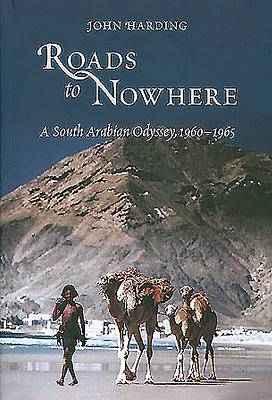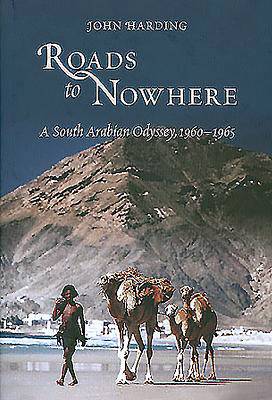
- Retrait gratuit dans votre magasin Club
- 7.000.000 titres dans notre catalogue
- Payer en toute sécurité
- Toujours un magasin près de chez vous
- Retrait gratuit dans votre magasin Club
- 7.000.0000 titres dans notre catalogue
- Payer en toute sécurité
- Toujours un magasin près de chez vous
58,45 €
+ 116 points
Description
Today part of the Republic of Yemen, Aden has long passed from British consciousness. Yet it was Queen Victoria's first imperial acquisition and, for 128 years, a vitally important British strategic base and commercial staging post. In the immediate aftermath of the Second World War, Britain was still the predominant foreign power in the Middle East, but in 1967, overwhelmed by an acute sterling crisis and a failure of political will, the Labour government under Harold Wilson abandoned Aden. This precipitate withdrawal left the newly formed Federation of South Arabia and its peoples to the mercies of rival national socialist revolutionaries, who, after a period of bloody civil war, established, with Russian backing, the Arab world's only Marxist-Leninist tyranny, and left a twenty-seven-year legacy of impoverishment and repression. Roads to Nowhere is a candid account of the author's experiences as a young British colonial officer who served in South Arabia during the critical years leading up to Britain's headlong departure. It describes a bizarre world of outsize colonial characters and desert adventure, during Aden's moment of glory as the Hong Kong of the Middle East. It analyses the problems caused by a flawed Federal constitution unequal to its avowed purpose of bringing Aden and its hinterland to independence in an orderly fashion, and the fatal mismatch between Aden's politicians and the traditional tribal rulers. Along the way, we are treated to tales of tribal feuds and dissident skirmishes, the strengths and weaknesses of feudal rule, intelligence and internal security failings, frustrated reconstruction schemes, the establishment of Radfan's first administration, and the valiant efforts of the British armed forces to hold the ring. Written with a sharp eye for the tragicomic, and ranging deftly between the political and the personal, this is above all a book about individuals, both British and Arab, and how they interacted as they tried to make the best of their impossible predicament.
Spécifications
Parties prenantes
- Auteur(s) :
- Editeur:
Contenu
- Nombre de pages :
- 336
- Langue:
- Anglais
Caractéristiques
- EAN:
- 9780955889424
- Date de parution :
- 01-02-10
- Format:
- Livre relié
- Format numérique:
- Genaaid
- Dimensions :
- 157 mm x 226 mm
- Poids :
- 816 g

Les avis
Nous publions uniquement les avis qui respectent les conditions requises. Consultez nos conditions pour les avis.






